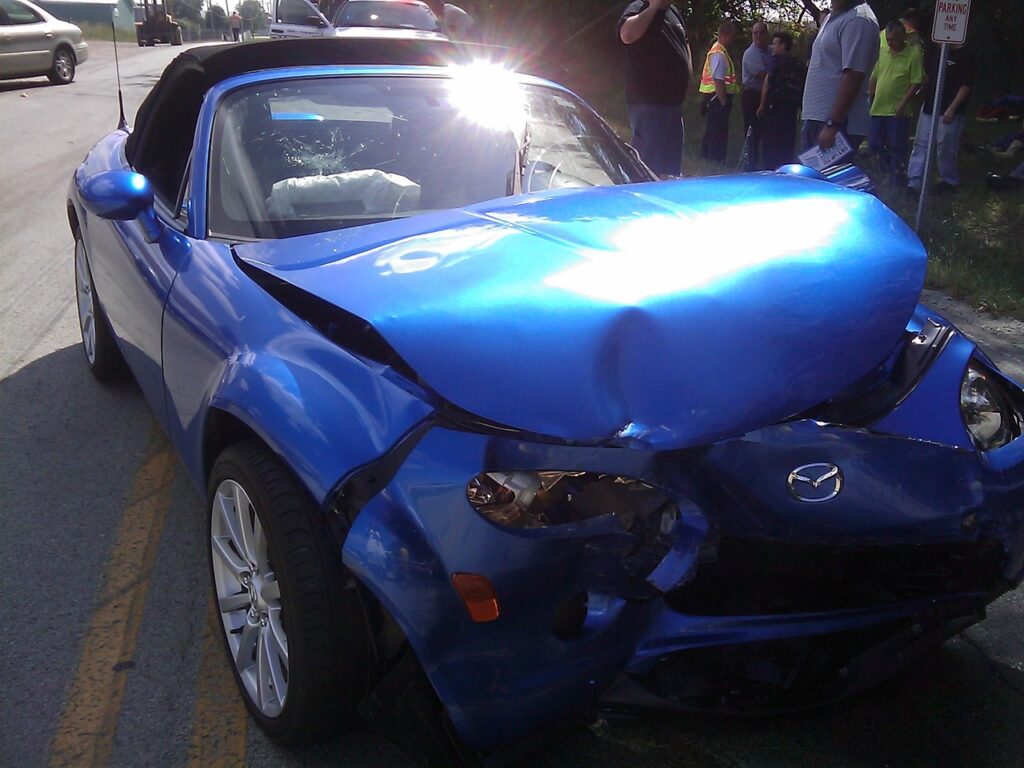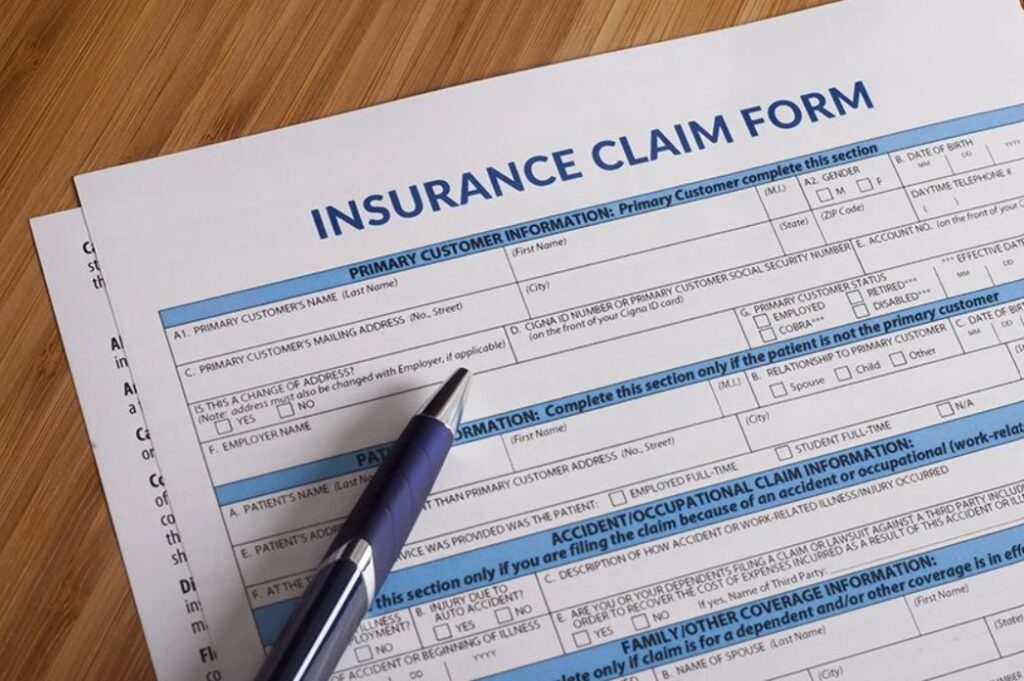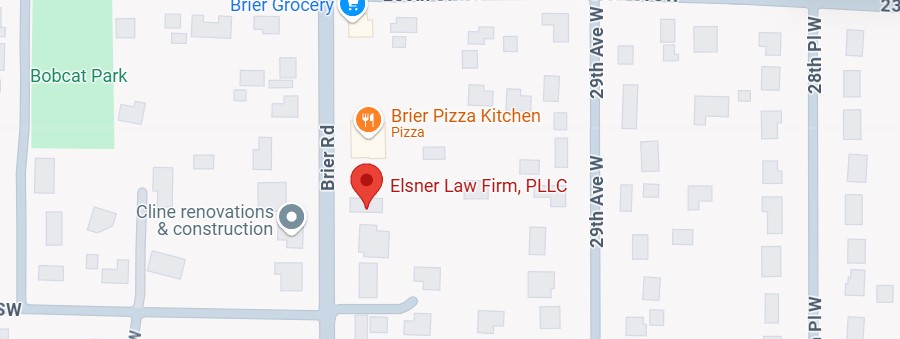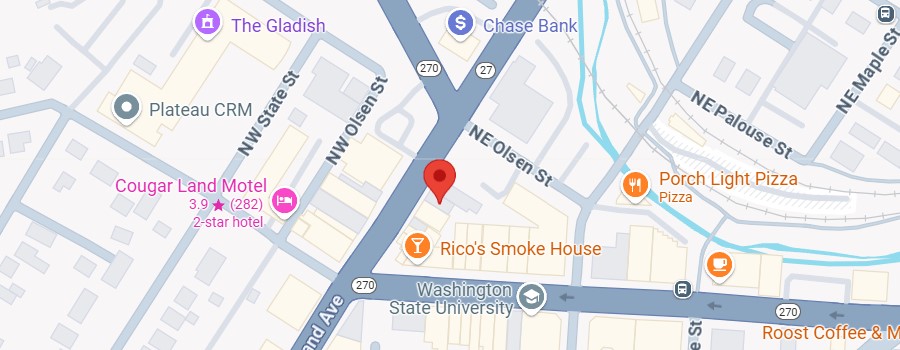At Elsner Law Firm, we understand that the aftermath of an accident can be a whirlwind of emotions, physical pain, and financial uncertainty. One of your immediate concerns might be the income you’ve lost while recovering from your injuries. We’re here to help guide you with compassion and expertise through this challenging process, and today, we want to shed some light on how you can prove wage loss in your personal injury case. Because we believe in standing by your side every step of the way, let’s dive into the essentials together, with clear and supportive guidance.
The Building Blocks of Your Claim
Proving the income you’ve lost due to an accident hinges on presenting a clear, well-documented case. Here are some of the key documents and pieces of evidence that can play a crucial role:
Self Employed: This can get complicated, but if you think about explaining your losses to a judge or jury that is easy for them to understand and then keep records to tell your story that is best. This can mean getting emails from clients’ contracts you cancel, hiring someone temporarily to do the work you aren’t able to do, or demonstrating the business that you turned away because you were physically unable to do the work. It is important to provide proof of your claimed losses and wage claims, using documentation of the same type as you would for tax purposes, to substantiate your earnings claim and strengthen your case for seeking damages in a personal injury lawsuit.
Pay Stubs: These little slips are more powerful than they seem. Providing pay stubs from before and after the accident can paint a clear picture of your regular earnings and the financial impact of your time away from work. These records are essential for substantiating an earnings claim and for seeking damages in a personal injury lawsuit.
W-2 Forms and Tax Returns: Consider these your financial biography. They offer a comprehensive look at your earnings, especially helpful if your income tends to ebb and flow. Such documentation is also critical for proving wage claims and economic losses.
A Letter from Your Employer: Sometimes, a direct word from your employer can make all the difference. A detailed letter can affirm your position, pay rate, and the crucial work hours you’ve missed.
Bank Statements: These can offer a glimpse into your financial life, showcasing your regular income and even shedding light on those hard-earned tips.
Employment Contract: This document is a testament to what was agreed upon between you and your employer, highlighting any specific wages, salaries, or benefits you’ve missed out on due to your injury.
Doctor’s Note or Disability Slip: Your health is paramount, and these notes serve as official proof of your injury and the necessary recovery time recommended by your healthcare provider.
Post-Accident Journal: While it may seem simple, keeping a detailed journal of the days you’ve missed work and your ongoing medical treatments can be incredibly impactful, offering a personal and comprehensive view of your journey.
Injuries from incidents such as a car accident can result in lost opportunities and pecuniary loss, affecting your ability to earn and grow your business. When considering the future impact of your injury, it is important to document future loss, lost future earnings, and economic losses, including anticipated future medical expenses as well as current medical expenses.
For ongoing business expenses, be sure to track payments received, benefits paid, and such benefits, as these may be offset by an insurance company or social security. Proper documentation of these items is crucial for an accurate calculation of your total losses.
During the legal process, an insurance adjuster will evaluate your money damages, and you may be eligible for additional compensation if your injuries worsen or new conditions are diagnosed after your initial claim.
Independent Contractors and Lost Wages
If you’re an independent contractor or self-employed, proving lost wages in a personal injury case can feel especially overwhelming. Unlike traditional employees, independent contractors—sometimes called 1099 workers—don’t have a single employer or regular pay stubs to rely on. Instead, your lost earnings and lost income must be demonstrated through a careful review of your business records, client contracts, tax returns, and other evidence that reflects your typical income and the impact of your injury.
To build a strong lost income claim, start by gathering documentation that shows your average monthly or annual earnings before your injury. This might include invoices sent to clients, signed contracts, and your recent tax returns. These records help establish a clear baseline for your income, making it easier to show the dollar amount of income you’ve lost due to missed work or canceled projects.
It’s also important to provide evidence of how your injury has affected your ability to work. Medical records and a detailed medical report from your healthcare provider can demonstrate the extent of your injuries and the time you were unable to perform your job duties. If your injury has led to a diminished earning capacity—meaning you can no longer work at the same level or in the same field—expert testimony and a review of your employment history may be necessary to support your claim for future lost earnings.
Don’t forget to account for business expenses that may have continued even while you were unable to work, such as equipment costs, marketing expenses, or payments to subcontractors. These ongoing costs can further impact your net lost income and should be included in your economic damages claim.
In addition to lost wages and future lost earnings, independent contractors may be entitled to seek compensation for non-economic damages like pain and suffering, emotional distress, and loss of enjoyment of life. While these losses are more difficult to quantify, an experienced personal injury lawyer can help you provide sufficient evidence and build a compelling case for both economic and non-economic damages.
Navigating a personal injury claim as an independent contractor requires careful documentation and a strategic approach. By working with a knowledgeable law firm, you can ensure that your lost income, future earnings, and diminished earning capacity are fully considered, and that you receive the compensation you’re legally entitled to. If you’re facing the challenges of lost wages after an injury, don’t hesitate to reach out for a free consultation—our team is here to help you recover compensation and move forward with confidence.
Here for You, Every Step of the Way
We know that diving into these documents while you’re healing can seem daunting. That’s where we come in. At Elsner Law Firm, we’re not only your legal advisors; we’re your steadfast supporters, dedicated to easing your burden and ensuring you receive the compensation you rightfully deserve. Our team is here to guide you through gathering these documents and building a compelling case that reflects the full extent of your lost wages.
We approach each case with an unwavering commitment to your well-being and success, providing transparent, straightforward legal advice every step of the way. Remember, when life throws you off course, you don’t have to navigate these troubled waters alone. Our team at Elsner Law Firm is ready to stand by your side with a blend of heartfelt compassion, dedicated service, and legal expertise.
Feel free to reach out to us for a free consultation today 206-447-1425.






